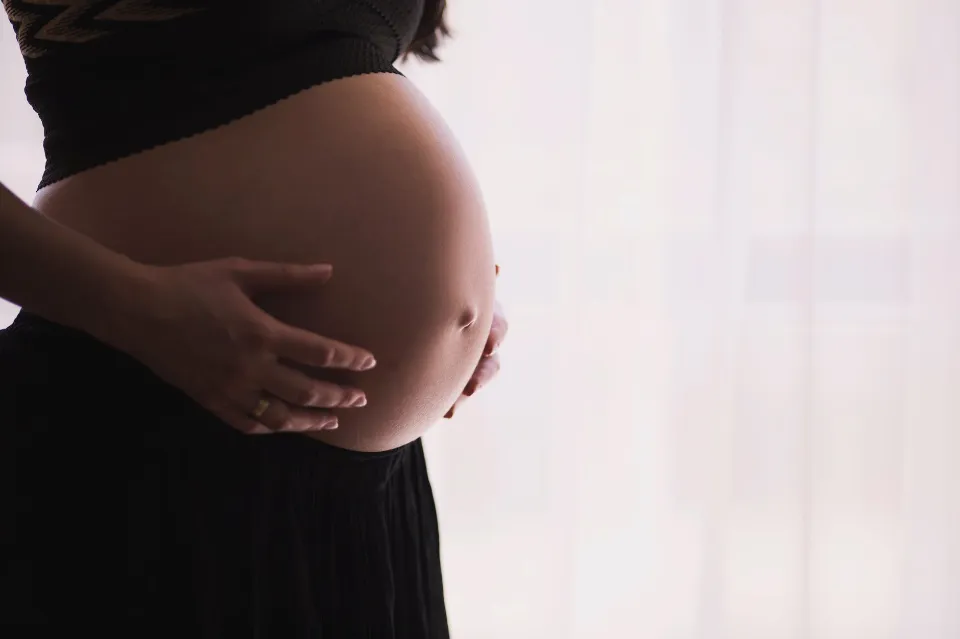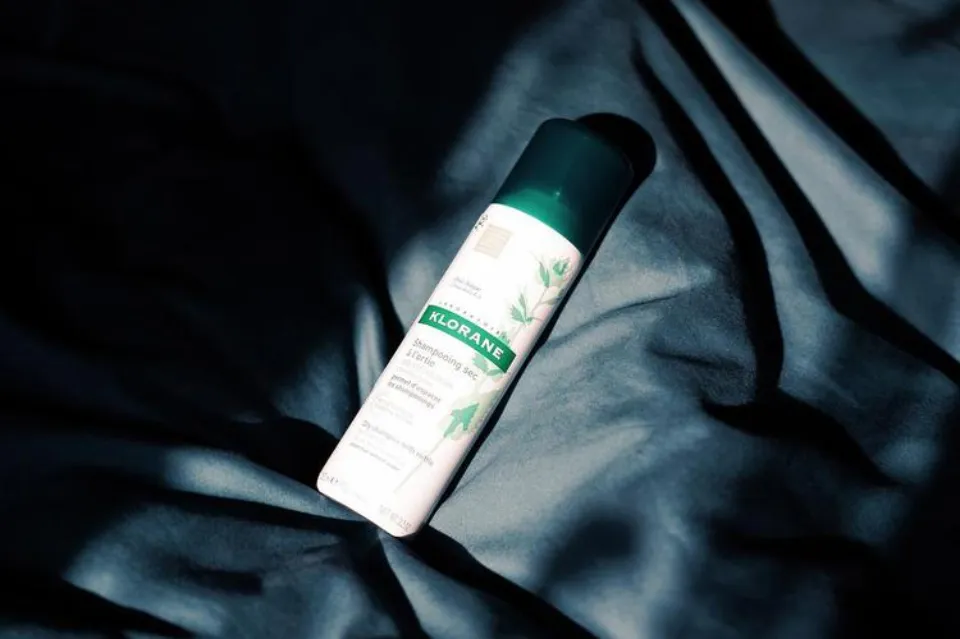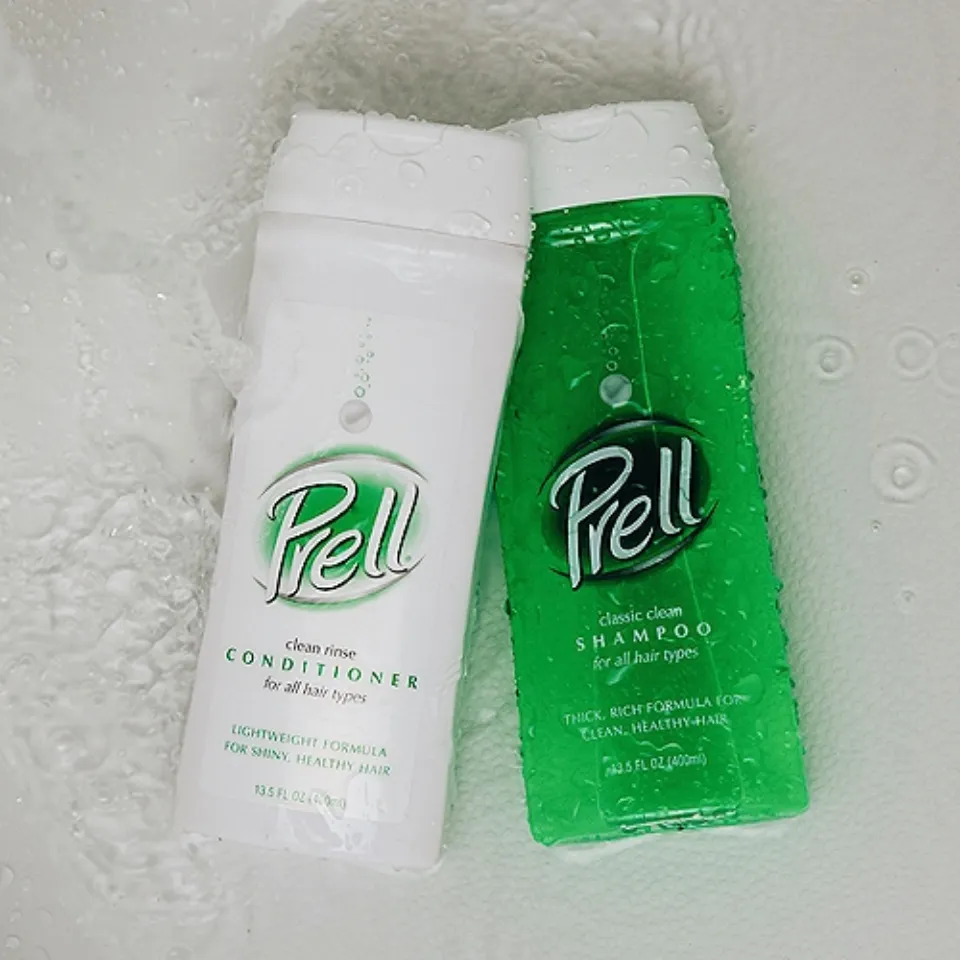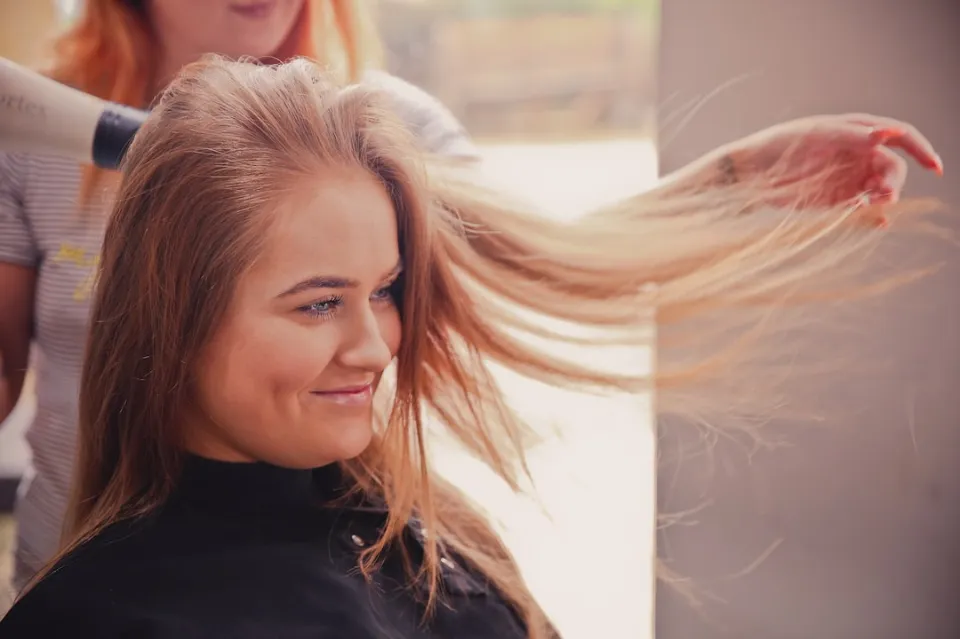The health of your hair can be improved by a variety of vitamins, minerals, and other nutrients. Your hair’s ability to grow long and strong depends on a variety of bodily processes, including the production of collagen, keratin, and sebum as well as other processes like blood flow. That’s why there are many supplements and other hair care products rich in these nutrients that claim to help with hair growth. And among all these nutrients, vitamin A is one of them.
You can fill nutritional gaps in your diet by taking vitamin supplements, but taking too many of these can lead to hair loss.
Keep reading to learn what kind of Vitamin may lead to hair loss.
Why is Too Much Vitamin a Bad for Your Hair?

Vitamin A has a number of health benefits for your body when consumed in the right amounts. Along with promoting hair growth, it may also promote cell development and immune system health. Hypervitaminosis A, on the other hand, is a condition that can occur when your body has too much vitamin A. Your body can become toxic from consuming too much vitamin A, and one of the side effects that can occur is hair loss.
Preformed vitamin A, such as retinol, is derived from animal products and dietary supplements, whereas provitamin A carotenoids, such as beta-carotene, are derived from plants and converted by our bodies into retinol.
When used in the right amounts, retinol can increase blood flow to the scalp and hair follicles. Additionally, it controls sebum production and aids in clearing away debris from the scalp, allowing other hair care products to more effectively penetrate the skin.
On the other hand, too much retinol can overstimulate your hair follicles. Retinol accelerates the natural cycle that your hair follows. As a result, the growth phase of your hair can quickly come to an end and begin to fall out. Your body isn’t prepared to replace the lost hair while your follicles are still shedding, though. Your hair may start to thin out and lose a lot of hair as a result.
How Much Vitamin a is Enough?
It is best to take only regular doses of vitamin A daily to prevent the effects of hypervitaminosis A. Men should get 3,000 international units (IU) of vitamin A daily, while women should get 2,300 IU. This is approximately 900 micrograms of retinol activity equivalents (RAE) for men and 700 micrograms RAE for women, according to the Institute of Medicine.
If you’re getting more than this, then you should make sure that you don’t go beyond the tolerable upper intake level. The amount of vitamin A that can be consumed daily at the highest level without experiencing adverse health effects like hypervitaminosis A is as follows. For vitamin A, the maximum is 3,000 micrograms for adults. If this amount of vitamin A is exceeded, hypervitaminosis A may result.
Do You Need Vitamin a Supplements?
For people who are nutritionally deficient, supplements with vitamin A are best. You may already be getting enough vitamin A for your body to function if you consume a balanced diet. Some foods that are good sources of vitamin A include:
- Dairy products
- Eggs
- Fatty fish
- Fish oil
- Beef liver
- Leafy green vegetables (kale, spinach, broccoli)
- Orange, yellow, and red vegetables
- Sweet potatoes
- Tomatoes
- Mangoes
- Other fortified processed food
Animal-based products contain preformed vitamin A, while vegetables and fruits contain beta-carotene that your body can convert to vitamin A. You probably have enough vitamin A if you consume a healthy diet that includes these foods. If you think you might be vitamin deficient, it’s best to seek medical advice from your doctor. To determine whether your body has enough vitamin A, blood tests may be required of you.
Vegans and vegetarians may not have access to dietary sources that are high in vitamin A because this vitamin is found in meat and other animal products. Despite the fact that beta-carotene can be converted to vitamin A in fruits and vegetables, some people may have issues or medical issues that make it difficult for them to get their recommended daily intake of vitamin A from these sources. In these cases, vitamin A dietary supplements may be a good addition to your diet.
What to Do If You’re Taking Too Much Vitamin A
You can take actions to reduce vitamin A if you believe your body contains too much of it and you believe this is the cause of your hair loss. Without your doctor’s prescription, stop taking any dietary supplements right away.
You must use as much of the liver’s stored supply of vitamin A since it is a fat-soluble vitamin. Stop taking supplements and cut back on vitamin-A-rich foods like the previously mentioned food sources. It should reduce your vitamin A reserve to a normal level once your excess vitamin A has been consumed and your stored vitamin A has been depleted. If you continue to lose hair, there may be another deficiency or an underlying medical condition at play. Consult your doctor to find out the cause of your hair loss.
Isn’t Vitamin a Good for Hair?
Vitamin A has a number of advantages for your hair when consumed in normal amounts. The body processes that affect how well your hair grows are influenced by vitamin A.
First, vitamin A is used in cell growth to build new and healthy tissue, including tissues like hair. At the base of the hair follicle, new hair cells grow into new hair as it grows. The components of the hair strand are then created by multiplying these cells. Because hair is the fastest-growing tissue in the body, vitamin A can assist in healthy hair building. It won’t fix existing hair, but new hair can grow faster, stronger, and thicker than usual.
Second, vitamin A can assist in sebum production. Sebaceous glands located inside of your skin produce sebum on a natural basis for your body. These oils are discharged onto the hair follicle roots, where they spread outward. Your skin, scalp, and hair are all kept moisturized by sebum, preventing drying and flaking. Vitamin A helps regulate sebum production so that there’s enough oils to prevent dry and brittle hair.
If you have a vitamin A deficiency, you may see a difference in your hair health after taking nutritional supplements. People who take supplements to improve their hair but do not have a deficiency may experience varying degrees of success. Although most of these findings are anecdotal, some people claim vitamin A supplements have improved their hair. It’s best to avoid taking additional vitamin A supplements because they increase the chance of developing hypervitaminosis A, especially if you get enough of the vitamin from your diet already.
Other Causes for Hair Loss

Hair loss and poor hair health can be caused by both vitamin A hypervitaminosis and a vitamin A deficiency. The best course of action is to see a doctor if you think you might have either condition. To determine how much vitamin A is in your body, a blood test may be required of you.
If you don’t have either, you might lose hair for a variety of other reasons. Some of the causes for hair loss can include:
- Underlying health conditions – dietary supplements cannot promote healthy hair growth if there is an underlying medical condition causing loss of hair. An autoimmune disorder, thyroid disorders, bacterial infections of the scalp, depression, cancer, and persistent physical stress are a few examples of conditions that can make your hair fall out.
- Harsh hair treatment – practices like shampooing your hair too often, bleaching your hair, using heat-based treatments like curling irons and flat irons frequently, and using other harsh chemical procedures and treatments on your hair can cause it to lose its natural moisture and become brittle. The inherent harm that comes with styling and managing your hair can be lessened by using protective hair care products and adopting healthy hair habits.
- Tying your hair too tightly – styling your hair in ways like tight braids, high ponytails, and cornrows can pull your hair from the roots and cause hair loss. Try to tie your hair as little as possible or tie it more loosely.
- Post-pregnancy hair loss – pregnant women have high estrogen levels, which can cause their bodies to grow hair faster and slow down their hair’s natural cycle that triggers shedding and hair fall. It may take between 4 months and a year for estrogen levels to return to normal after giving birth. Hair loss is frequent at this time.
- Genetics – some people inherit genes that trigger male or female pattern hair loss, or androgenetic alopecia. Starting as early as in your mid-twenties, hair thinning can result in slower hair growth. Androgenetic alopecia cannot be cured, but it can be managed through hair loss treatments and medications that lessen hair loss.
- UV exposure – excess sun exposure can harm your hair in a number of ways. Your hair may lose its natural moisture due to the UV rays of the sun, which may result in dryness and brittleness. Free radicals, which can cause oxidative stress and harm to your hair, can also be exposed to your hair by UV rays. Wear a hat or use hair care products that can protect your hair from sun exposure if you must be in the sun for a long period of time.
- Other nutrient deficiencies – if it’s not a vitamin A deficiency, check with your doctor if it’s any of these other essential vitamins that can affect hair growth:
- Vitamin B Complex – biotin deficiencies are associated with hair loss, while other Blood flow to the scalp can be improved with the aid of B vitamins.
- Vitamin C – an antioxidant that can assist in collagen production and maintaining your iron levels.
- Vitamin D – those with low vitamin D levels are associated with alopecia and inadequate hair growth.
- Antioxidant vitamin E can shield your hair from free radical damage.
How to Deal With Hair Loss Related to Vitamins
Making sure you’re getting the right amounts of vitamins and minerals each day and not overdoing it is the first step in navigating hair loss that results from excessive vitamin and mineral supplementation. Your diet is where you should start first. Additionally, you’ll need to manage your stress and confirm that the hair care products you use are beneficial for your hair rather than damaging it.
Evaluate Your Diet
Check your intake of foods that are naturally rich in selenium, zinc, and vitamins A and E.
Then, see if there are any fortified foods in your pantry and refrigerator. The most common fortified foods on the market are:
- Breakfast cereals
- Bread
- Fruit juice
- Soy milk and other non-dairy milk alternatives
- Salt
To find out how much of each vitamin and mineral you are consuming each day, first check the labels and packaging of your food. Change to unfortified brands of your favorite ingredients if your favorite foods are fortified with more minerals, vitamins, and nutrients than you want to be consuming daily. This will help you more precisely gauge your nutrient intake.
The next thing you should check for is supplement overuse. Keep in mind that telogen effluvium is a transient cause of hair loss, so once you balance your vitamin intake, your hair should regrow. A, E, selenium, and zinc should not be consumed in excess.
Overall, it’s preferable to rely on whole, unprocessed foods than fortified foods to supply your body with essential nutrients. So if you’re going to eliminate foods from your diet, it makes sense to start with processed options. To ensure your body is receiving what it requires, however, speak with your doctor or a nutritionist.
Evaluate Your Stress Levels
Maintaining control of your stress levels is essential because they can damage your body and lead to hair loss. Making time for mindfulness practices like meditation and yoga can help you find balance. Additionally, if you’re struggling with challenges in your life that go beyond the support your family or friends can provide, consider reaching out to a mental health professional.
Evaluate Your Hair Care Products
Next, you’ll want to make sure your hair biome is healthy and that the products you’re using aren’t further stressing the body. Harmful additives like parabens, silicones and sulfates can further aggravate the hair.
Here is where incorporating some natural products into your hair care routine can really make a difference. Plant-based products can assist you in fighting hair loss naturally if you’re noticing visible hair loss or shedding.
Stress, lack of sleep, vitamin deficiency, excessive vitamin supplementation, hormonal changes, elevated DHT and miRNA22 levels, or unhealthy scalp can all cause hair loss or thinning. The majority of the time, hair loss or thinning hair is brought on by a combination of two or more of these problems.
The best way to cultivate a healthy hair biome is through a holistic approach to hair health and wellness because it can be difficult to pinpoint the precise cause of hair thinning.
Our plant-based GRO Hair Serum has a combination of clinically-tested, vegan phyto-actives that work in together to support a healthy and balanced follicular ecosystem while simultaneously soothing the scalp and revitalizing your hair roots. The hair serum has no known toxins or harmful side effects and has been shown in multiple clinical studies to increase the appearance of hair density by up to 52% while reducing signs of shedding up to 76%. See the results for yourself by looking at these before and after pictures!
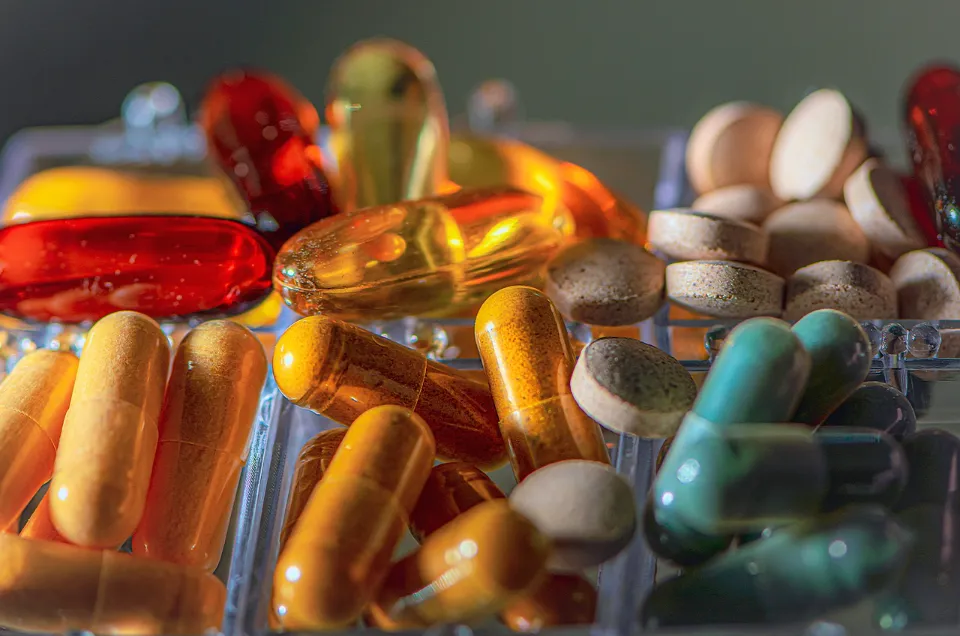
Conclusion
You might want to determine the cause of your hair loss depending on the type of hair loss you have and any additional symptoms you may be experiencing. It is entirely up to you whether you decide to try and treat your hair loss because it is not a health concern in and of itself. Many people decide not to seek treatment for female or male pattern baldness. This kind of hair loss is normal and need not negatively impact your wellbeing, despite the fact that it can be upsetting.
If the hair loss is only temporary, it may take several months for the hair to grow back. Before considering vitamin supplements or any other form of treatment, you might want to wait and see if this gets better on its own.
FAQs
Can Excess Vitamins Cause Hair Loss?
Yes, overdoing vitamins and nutritional supplements can cause hair loss. In addition to excessive selenium, taking too much Vitamin A can also cause hair loss. In general, it is best to stay within the upper recommended limit for vitamins because too much can result in a number of health issues.
Can Too Much Vitamin B Cause Hair Loss?
But when this dose is significantly exceeded, illness can result. Nausea, gastrointestinal issues like constipation and diarrhea, hair loss, rashes, and nerve damage are a few of the symptoms of vitamin toxicity in general.
Which Vitamin Causes Hair Fall?
Only riboflavin, biotin, folate, and vitamin B12 deficiencies have been associated with hair loss.


